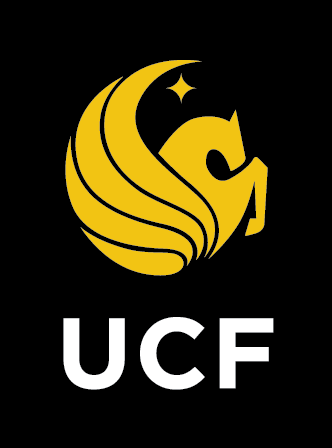Tennessee Board of Regents: Developmental Studies Redesign Initiative
Columbia State Community College
Course Title: Basic Reading, Developmental Reading, Basic Writing and Developmental Writing
Redesign Coordinator: Victoria Gay
Status: This project, which originated as part of the Tennessee Board of Regents Developmental Studies Redesign Initiative, 2006 – 2009, was not completed successfully. For more information, contact the project contact listed above. The project plan serves as a good example of how to think about redesigning a large-enrollment course.
Project Abstract
Columbia State Community College (CSCC) plans to redesign its developmental writing and reading programs, which comprise four three-hour courses, with two course levels in each program: Basic Writing, Developmental Writing, Basic Reading and Developmental Reading. In 2006, the four courses enrolled approximately 1208 students. More than 600 of these students were required to take courses in both the reading and writing disciplines, and over 200 students were required to take both levels of reading and writing.
The current structure of these courses requires a significant time investment for students and incurs significant costs for both students and CSCC. Providing access to all four courses at each of CSCC’s five campuses presents its own set of scheduling issues due to limited classroom space and availability of full- and part-time faculty to meet the demand. Another issue that is particularly problematic during fall semesters is the number of students taught by full-time faculty. The ratio of students to full-time instructors is closer to 65% than to the standard 75%. Retention is a third problem. Although ~75% of students who succeed in basic writing succeed in their first attempt at English Composition, both developmental writing courses suffer from poor retention, experiencing a DFW rate of more than 50% in some semesters.
During the initial phase of the CSCC redesign plan in spring 2008, the two reading courses will be compressed into a single three-credit course, and the two writing courses will also be compressed into a single three-credit course. Instructional software (MyWritingLab and MyReadingLab) will provide students with skills-based learning tools, allowing for a more standard use of class time across sections that focuses on hands-on reading and writing practice. This pilot period will provide instructors the essential opportunity to analyze the strengths and weaknesses of the new software and allow them to work with students operating at a variety of proficiency levels in a single classroom setting.
During the second phase, to be implemented during the fall 2008 semester, the reading course will be divided into three one-hour modules (Vocabulary, Comprehension and Advanced Comprehension). The writing course will be divided into four one-hour modules (Punctuation and Mechanics, Grammar and Usage, Paragraph Writing, and Introduction to Essay Writing). Each one-hour module will be taught in five weeks. Students will only assemble as a group for one 80-minute class period per week for lecture and practice of areas identified by the instructors during the first phase. The hybrid modules will be managed through Online Campus (Desire to Learn), where students will have links into their required software materials, assignments, grades, calendar and communication tools. All students who enroll with a reading or writing requirement will take the COMPASS Diagnostic Test for the discipline in which they have placed. Those with a writing requirement will also take the writing sample portion of COMPASS. These assessments will determine the modules required for each student. Flexible scheduling will provide students an opportunity to complete all their reading and writing requirements within one semester and will also provide them with an opportunity to repeat unsuccessful modules. Students will be required to demonstrate a 75% proficiency to earn credit for completion of a module.
The redesigned courses will encourage active learning. Students will receive ongoing assessment and individualized assistance. Learning experiences will be consistent across all modules, ensuring that students will be better prepared for subsequent courses. Students will receive remediation assistance only in areas where they have deficiencies and will also have the opportunity to complete their reading and writing requirements more quickly and at less expense.
Learning outcomes will be assessed by comparing student performance in the traditional courses with student performance in the redesigned courses. Pre- and post-tests, evaluation of student work using common rubrics and course grades using common criteria will be analyzed. Student performance in subsequent English Composition courses will also be assessed and compared.
Cost reduction strategies include decreasing the number of sections offered as well as the number of part-time faculty devoted to these courses from 19 to 10. Overall enrollments will be slightly lower each term since students will only enroll for the modules they need and not all students will need all modules. The traditional basic and developmental reading sections have a cost-per-student of $297 and $155 respectively. The redesign will reduce the cost-per-student to $97. The traditional basic and developmental writing sections have a cost-per-student of $300 and $196 respectively. The redesign of these courses will produce four modules. In the grammar and punctuation modules, using commercial software will allow section size to be increased from 24 to 40, producing an expected cost-per-student of $28. Section size will remain the same in the two more advanced modules, but not all students will need both modules. The cost-per-student for these modules is anticipated to be $95. Savings will be used to continue diagnostic testing, provide continued tutoring and support of students, provide training as necessary for full- and part-time faculty and make on-going improvements to the redesigned course. The institution will also benefit through a reduced demand on physical facilities as well as for financial aid for developmental studies courses.
|
